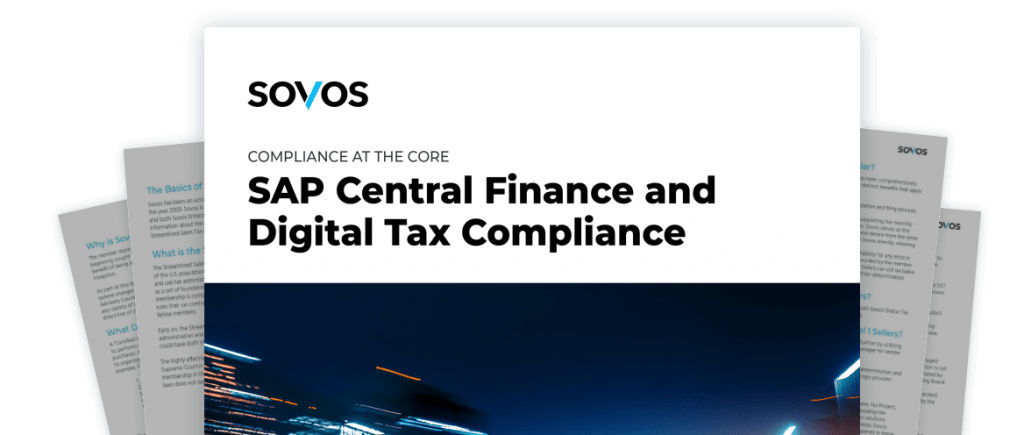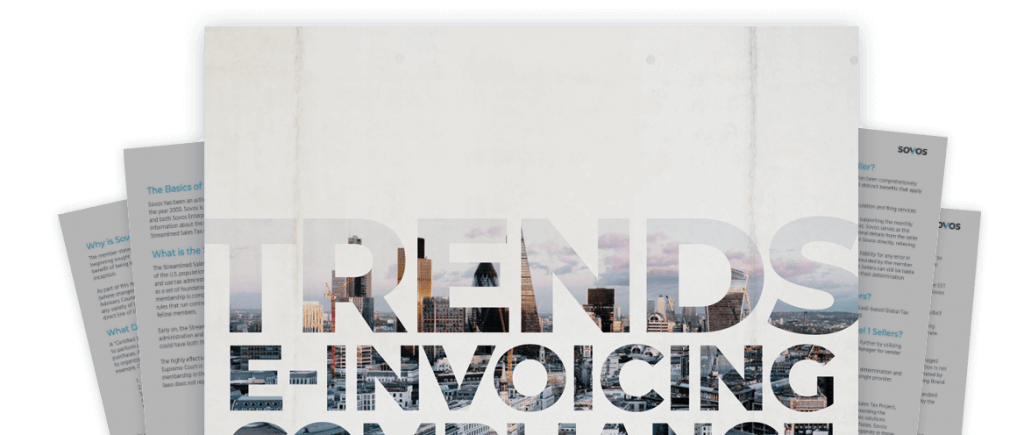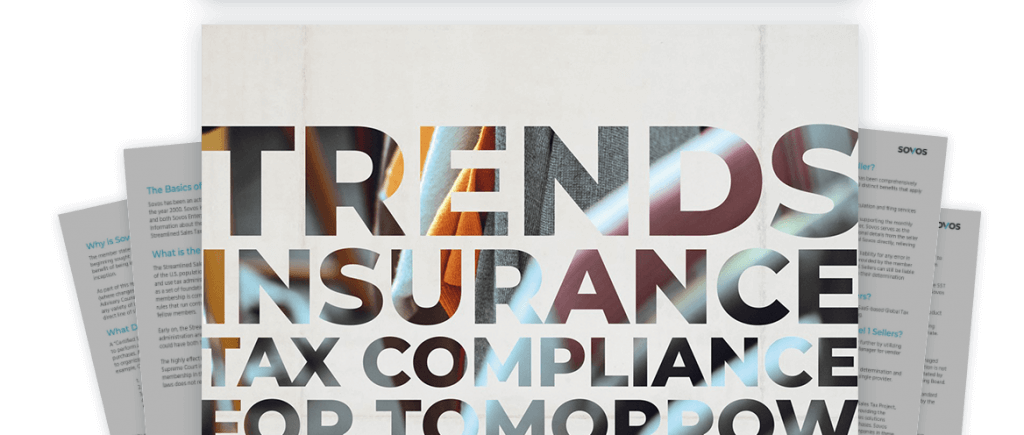With the advent of real-time reporting and data collection, today’s reality is that the governments and tax authorities often know more about your business than you do. Based on this, they frequently pre-fill tax returns and present their numbers to you rather than past filing processes that allowed you to collect, refine and report your own tax liability findings.
However, what if the government is telling you that the amounts you owe are greater than you believe or had anticipated based on your own internal calculations?
Here is where the rubber meets the road, so of speak. In the past, when your business would collect the data and file your tax returns, the IRS would accept them and then if they had reason to doubt your figures, they could conduct an audit to determine if you were correct. If you were wrong, you would generally be charged a nominal fee.
Today’s New Reality
In today’s world of tax compliance, the onus is on the business to dispute the numbers with data of their own. If they are unable to so, then the numbers provided by the tax authority stand as the official returns of record. In other words, if you can’t prove otherwise, it stays as is.
Download the white paper to learn more.





